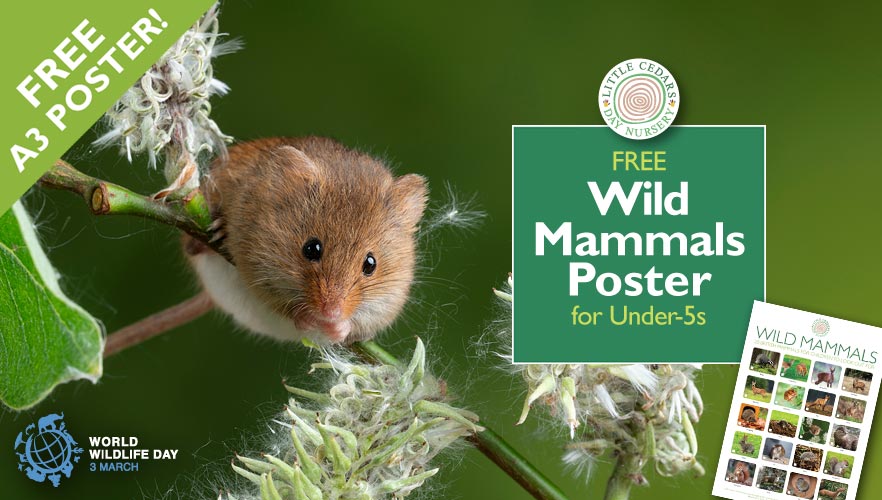
With World Wildlife Day falling on the 3rd of March and Spring virtually upon us, we thought it was a great time to produce another free wildlife poster for children and families to download. This one features 20 wild British* land mammals that children will love! Using the poster, they can learn to identify the animals shown and perhaps look out for them when out and about over the coming months and years. It’s a handy reference tool that can be used to get to know their furry neighbours, whether in local parks, on trips to the countryside, or whilst on holiday. While some creatures like grey squirrels are common to see, some of the others shown are more shy — but that just makes it more exciting when they are finally spotted!
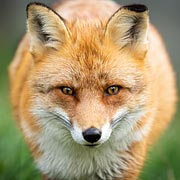 Getting children interested in nature, and spending time around it, is extremely good for them as we’ve reported before — the benefits of nature to children are simply huge. Today’s focus on British mammals will not only be a good way to encourage an interest in some of Britain’s wonderful creatures but may also help them understand more about the need to support conservation efforts and protect wildlife. It’s a great way to foster empathy in little ones too. We’ll tell you more about World Wildlife Day shortly but first, grab yourself and your children the free mammals poster — the creatures shown are stunningly beautiful and kids are bound to love displaying the poster.
Getting children interested in nature, and spending time around it, is extremely good for them as we’ve reported before — the benefits of nature to children are simply huge. Today’s focus on British mammals will not only be a good way to encourage an interest in some of Britain’s wonderful creatures but may also help them understand more about the need to support conservation efforts and protect wildlife. It’s a great way to foster empathy in little ones too. We’ll tell you more about World Wildlife Day shortly but first, grab yourself and your children the free mammals poster — the creatures shown are stunningly beautiful and kids are bound to love displaying the poster.
Download, print out and feel free to share this British Wild Mammals poster. Click the bold blue link or the preview image below and save to your hard drive. Once opened in Acrobat Reader and printed out, children can see if they can learn the different animal names and even spot some of the beautiful creatures over coming years while outside, in the countryside, or on holiday.
United Nations World Wildlife Day
World Wildlife Day celebrates the world’s flora and fauna. It happens on the 3rd of March each year and is a way to raise awareness of the need to protect nature. That can be achieved by reducing harmful emissions, pollution, habitat loss, and the loss of biodiversity. By introducing children to the beautiful wildlife around them, children will naturally be more empathetic towards other creatures and even progress to learning about conservation matters and the impact of humans on the planet. In this way, little ones can grow into young stewards of the planet and have an active interest in protecting it going forward. Get them started today by downloading our free Wild Mammals poster — who knows where it could lead!
Parents, teachers and early years practitioners can learn more about the United Nations World Wildlife Day here.
Other Free Wildlife Posters Children Can Download
Don’t forget that this is just one in a series of several wildlife/nature-related posters. All of them are free, shareable, and will be both fun and educational for children. Choose from today’s British Mammals poster above, our British Birds poster, Minibeasts poster, or Butterflies poster. Follow the links for more details and the free downloads.
Exceptional Childcare in Streatham
Little Cedars: a high-quality childcare nursery in Streatham, London, SW16

 We love nature and all the benefits it brings to children, so we’re lucky to be located close to Tooting Common at Little Cedars Day Nursery (Streatham, SW16). We also encourage children to get involved in planting and growing in our own garden at the setting as nature teaches them so much. It’s all part of the early years learning and development programme at the setting.
We love nature and all the benefits it brings to children, so we’re lucky to be located close to Tooting Common at Little Cedars Day Nursery (Streatham, SW16). We also encourage children to get involved in planting and growing in our own garden at the setting as nature teaches them so much. It’s all part of the early years learning and development programme at the setting.
Contact Little Cedars Nursery today and explore the possibility of a nursery/preschool place for your child in Streatham:
Based in Streatham, Little Cedars Nursery may also suit your little one if you are looking for a high-quality nursery or preschool near Tooting Common, Tooting, Streatham Hill, Streatham Park, Streatham Common, Furzedown, Tooting Bec, Tooting Broadway, Balham, Norbury or Colliers Wood.
| * By ‘British’ we mean mammals that can be found and seen in Britain. We are keeping things simple for little ones but appreciate, of course, that some of the animals featured were not originally indigenous to Britain. Examples include the Muntjac Deer (originally from China) and the grey squirrel (originally from North America). Even some red squirrels that we see in parts of Britain may be descendants of some that were imported to boost our own declining populations. We also appreciate that there are several sub-species not shown, e.g. several types of mouse, shrew, vole and others. That, again, is to keep things simple for little ones. |

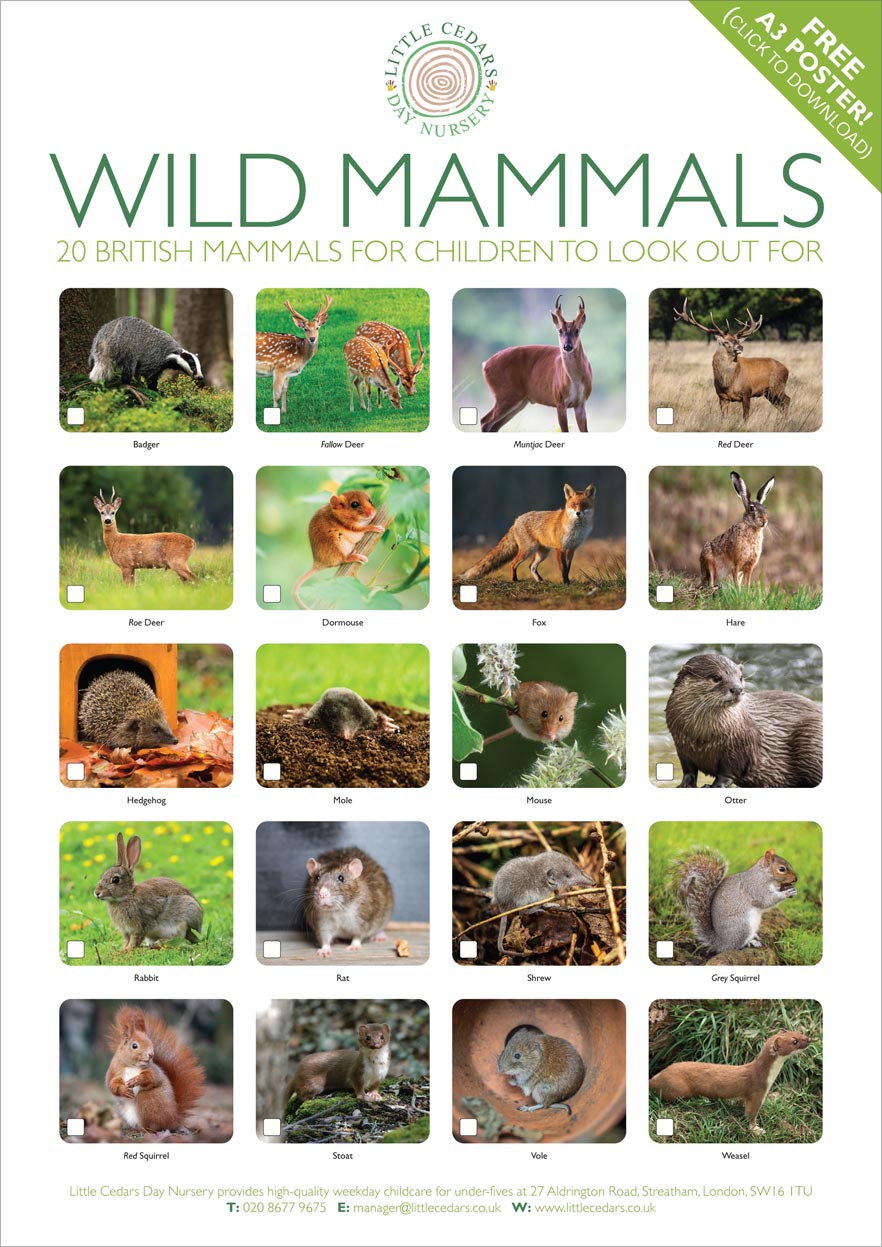

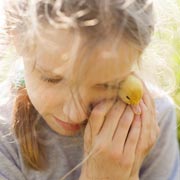 Sooner or later, many parents will consider the possible benefits of pets and whether their child should grow up with one. Mostly, the answer is positive because growing up with a pet can benefit children in many important ways — and really enrich their lives. However, looking after animals is a huge responsibility, not least to the animal itself, so should never be taken on lightly. Today we explore the topic and also outline a couple of animal-related initiatives that we have undertaken at
Sooner or later, many parents will consider the possible benefits of pets and whether their child should grow up with one. Mostly, the answer is positive because growing up with a pet can benefit children in many important ways — and really enrich their lives. However, looking after animals is a huge responsibility, not least to the animal itself, so should never be taken on lightly. Today we explore the topic and also outline a couple of animal-related initiatives that we have undertaken at  On a simple level, pets are incredibly cute and great fun to be around. As such, most children are naturally drawn to them.
On a simple level, pets are incredibly cute and great fun to be around. As such, most children are naturally drawn to them. Familiarity with animals and closeness to pets also teaches children respect for other individuals (whether human or non-human), including recognition of the consequences of their actions towards them. It shows them how to care for others too. It can also teach them patience (e.g. when training) and even some of the harder lessons about life cycles.
Familiarity with animals and closeness to pets also teaches children respect for other individuals (whether human or non-human), including recognition of the consequences of their actions towards them. It shows them how to care for others too. It can also teach them patience (e.g. when training) and even some of the harder lessons about life cycles. Introducing animals like dogs and cats to the household is quite a life-changing thing. After all, they are the kinds of animals that pretty much become one of the family and, as such, require significant time, care and attention for their own wellbeing. They also often live freely within the house and require access to the garden and, for dogs, regular walks outdoors. They are quite an undertaking, so the decision to introduce one needs careful and thorough consideration. Many animals form deep, lifelong bonds and you will become their family just as much as they become yours. So, that lifelong commitment is an important one — they are absolutely not unfeeling objects to be treated like just a toy.
Introducing animals like dogs and cats to the household is quite a life-changing thing. After all, they are the kinds of animals that pretty much become one of the family and, as such, require significant time, care and attention for their own wellbeing. They also often live freely within the house and require access to the garden and, for dogs, regular walks outdoors. They are quite an undertaking, so the decision to introduce one needs careful and thorough consideration. Many animals form deep, lifelong bonds and you will become their family just as much as they become yours. So, that lifelong commitment is an important one — they are absolutely not unfeeling objects to be treated like just a toy. Pets like hamsters, rabbits, budgies and guinea pigs require less space in the household, of course. Indeed, some types of pets can be housed outdoors in suitable hutches. They’re also small enough to be temporarily moved elsewhere, for example to a friend or neighbour when you go on holiday. However, despite them being small, they too have their own needs and wants, including your care and regular attention. Giving them this, however, will be rewarded and children who spend significant time with any pet will soon begin to pick up on each one’s distinct personality and any likes or dislikes. Treat them well and pets will become trusting and friendly. Dogs, in particular, are incredibly loyal when treated well.
Pets like hamsters, rabbits, budgies and guinea pigs require less space in the household, of course. Indeed, some types of pets can be housed outdoors in suitable hutches. They’re also small enough to be temporarily moved elsewhere, for example to a friend or neighbour when you go on holiday. However, despite them being small, they too have their own needs and wants, including your care and regular attention. Giving them this, however, will be rewarded and children who spend significant time with any pet will soon begin to pick up on each one’s distinct personality and any likes or dislikes. Treat them well and pets will become trusting and friendly. Dogs, in particular, are incredibly loyal when treated well. Just like humans, animals need care, proper food, fresh water, friendship, comfort and stimulation. If they don’t get these essentials, they may lead miserable and potentially even foreshortened lives. So, before a family takes on a pet, it’s best to thoroughly research the particular type of animal and exactly what they will require, from food, nutrition and bedding to stimulation (games, exercise etc.), contact with others and medical needs. Families should find out about all these things before taking an animal on. For some types of animal, for example dogs, even the breed and background is important. That’s for the wellbeing of both the pet and the family itself. Remember too that some animals will need training, for example toilet training in the case of cats, dogs and perhaps even ‘house’ rabbits. Some dogs may also require behaviour training. Everything needs factoring in beforehand including things like who will look after the pets while adults are at work, what happens when you go on holiday, who will exercise the dog, clean out the rabbit hutch regularly, feed the rabbit or clean the budgie cage.
Just like humans, animals need care, proper food, fresh water, friendship, comfort and stimulation. If they don’t get these essentials, they may lead miserable and potentially even foreshortened lives. So, before a family takes on a pet, it’s best to thoroughly research the particular type of animal and exactly what they will require, from food, nutrition and bedding to stimulation (games, exercise etc.), contact with others and medical needs. Families should find out about all these things before taking an animal on. For some types of animal, for example dogs, even the breed and background is important. That’s for the wellbeing of both the pet and the family itself. Remember too that some animals will need training, for example toilet training in the case of cats, dogs and perhaps even ‘house’ rabbits. Some dogs may also require behaviour training. Everything needs factoring in beforehand including things like who will look after the pets while adults are at work, what happens when you go on holiday, who will exercise the dog, clean out the rabbit hutch regularly, feed the rabbit or clean the budgie cage.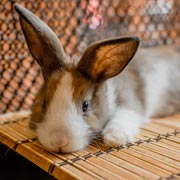 At Little Cedars Nursery in Streatham, we believe that children will learn a huge amount through contact with animals. For this reason, we have our own chickens and rabbits at the setting — and the children adore them! Our rabbits are named Miffy and Bella and indeed naming them naturally encourages children to treat them like individuals rather than something to play with.
At Little Cedars Nursery in Streatham, we believe that children will learn a huge amount through contact with animals. For this reason, we have our own chickens and rabbits at the setting — and the children adore them! Our rabbits are named Miffy and Bella and indeed naming them naturally encourages children to treat them like individuals rather than something to play with.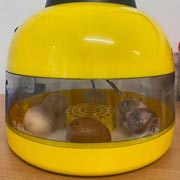 We are also raising some new chickens from fertilised eggs that we currently have in an incubator. We’ll teach children all about the life cycle of chickens with these. Once they hatch, children are sure to love the adorable little chicks that will emerge and they’ll be able to watch them grow up from fluffy chicks to adult chickens. When old enough, the chickens will join our existing, fully-grown chickens that we keep for the children in our animal enclosure outside.
We are also raising some new chickens from fertilised eggs that we currently have in an incubator. We’ll teach children all about the life cycle of chickens with these. Once they hatch, children are sure to love the adorable little chicks that will emerge and they’ll be able to watch them grow up from fluffy chicks to adult chickens. When old enough, the chickens will join our existing, fully-grown chickens that we keep for the children in our animal enclosure outside.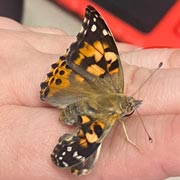 We also have a caterpillar/butterfly enclosure indoors at the setting. Through this, children can follow the incredible life cycle of butterflies, starting off as tiny eggs, hatching into caterpillars, building cocoons and eventually emerging as incredibly beautiful butterflies. This is an amazing metamorphosis for children to witness and teaches them so much about the wonder of the natural world as well as the individual needs of some of its creatures.
We also have a caterpillar/butterfly enclosure indoors at the setting. Through this, children can follow the incredible life cycle of butterflies, starting off as tiny eggs, hatching into caterpillars, building cocoons and eventually emerging as incredibly beautiful butterflies. This is an amazing metamorphosis for children to witness and teaches them so much about the wonder of the natural world as well as the individual needs of some of its creatures.